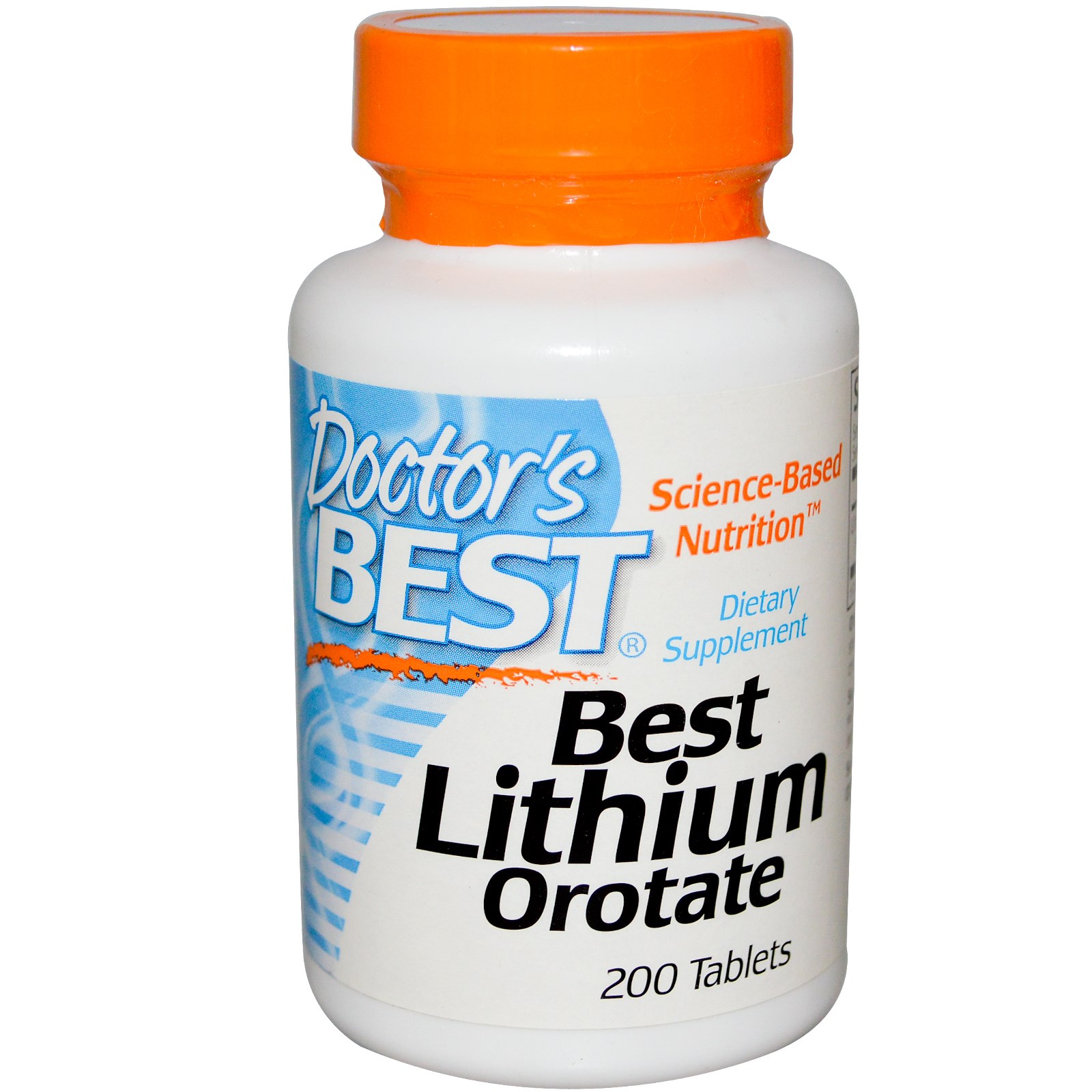GLA and MS
Posted On May 19 2017
Modified from an article written July 2010
Gamma linoleic acid (GLA) is produced in the body as an intermediate in the metabolism of linoleic acid. DGLA is the active form produced from GLA that mediates most of the physiological actions of GLA.
DGLA competes with AA for enzymes cyclooxygenases (COX) and lipoxygenases (LOX) and GLA dosing increases DGLA without concomitant increases in AA.
Significant sources are Borage Borago officinalis, (20 – 26% GLA), Black Current Ribes nigrum (15-18% GLA) and Evening Primrose Oenoethera biennis (8 – 12% GLA) (Kapoor 2006).
Previous trials in 1977 and 1978 in MS patients by Bates showed little efficacy from GLA supplementation.
The 1977 trial was in progressive MS patients and the 1978 trial used 340mg GLA in RRMS patients over 2 years. Overall, the results were not significantly different between trial and control groups (Bates 1978).
Whereas rats fed borage had reduced incidence and histological manifestations of acute EAE, and the clinical relapse phase were markedly inhibited (Harbige 2000).
Following this, a clinical trial where 36 MS patients were given Borage (either 5 grams – 1.2g GLA or 14 grams -3.36 g GLA) over 18 months. Relapse rate for the active treatment arms was initially 1.5 per year and reduced to 1.1 for the low dose GLA and .35 in the high dose (Harbige 2007).
It is clear that the previous trials by Bates were using doses too small to be significant and even a gram of GLA yields less than optimal results.
Also, the TGF-β/TNFα ratio maintained in the treatment groups whereas it decreased in the placebo groups (Harbige 2007). TGF-β is involed in activation of T-reg cells, for overall immunosupression (Korn 2008).
"Lithium reduces inflammation and increases myelination"

In summary, lithium is an exciting mineral with a large spread of neuroprotective properties. Axonal regeneration, improved mitochondrial function, re-myelination, and the generation of new neurons are potential actions. Furthermore, reduction of inflammatory disease severity is also a possibility from Lithium.
Lithium orotate in the 5 - 20 mg range is recommended as part of a comprehensive MS treatment strategy.

Dr. Eric
Dr. Eric Muradov
Dr. Muradov is a Naturopathic doctor in Edmonton with a special interest in MS.
Select References:
Lithium to the Rescue.
Jope RS, Nemeroff CB.
